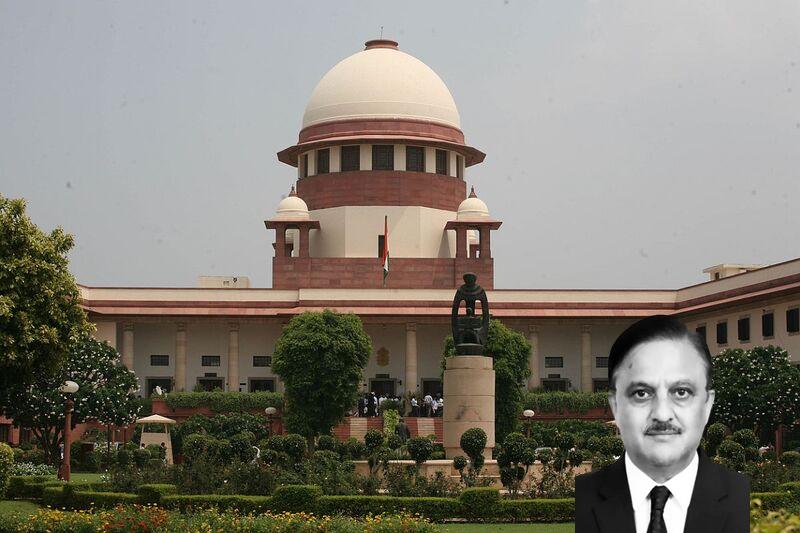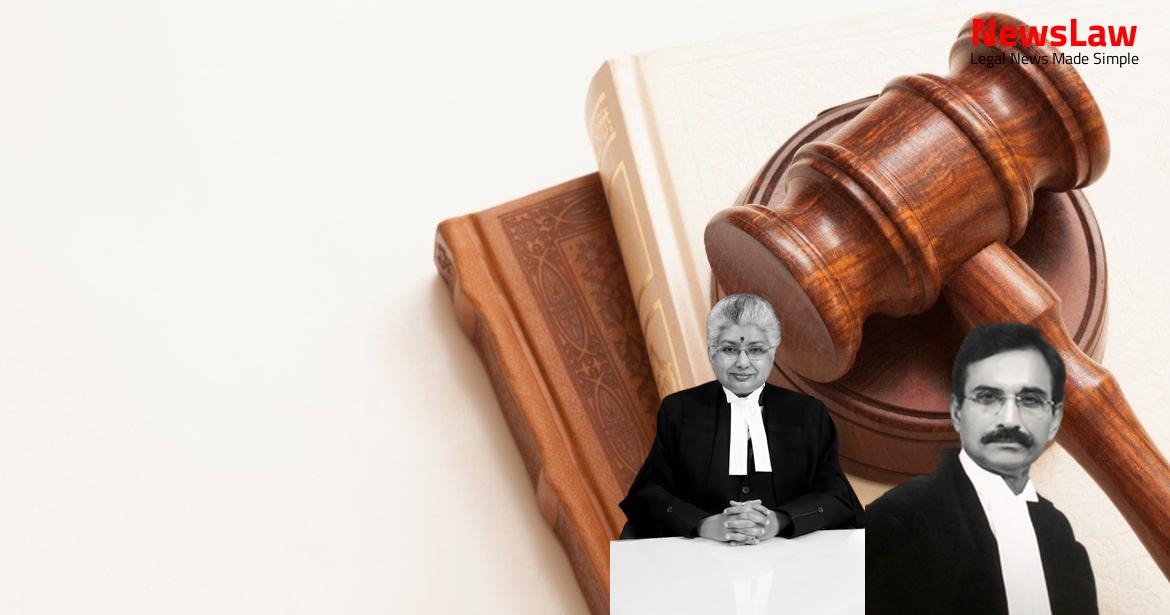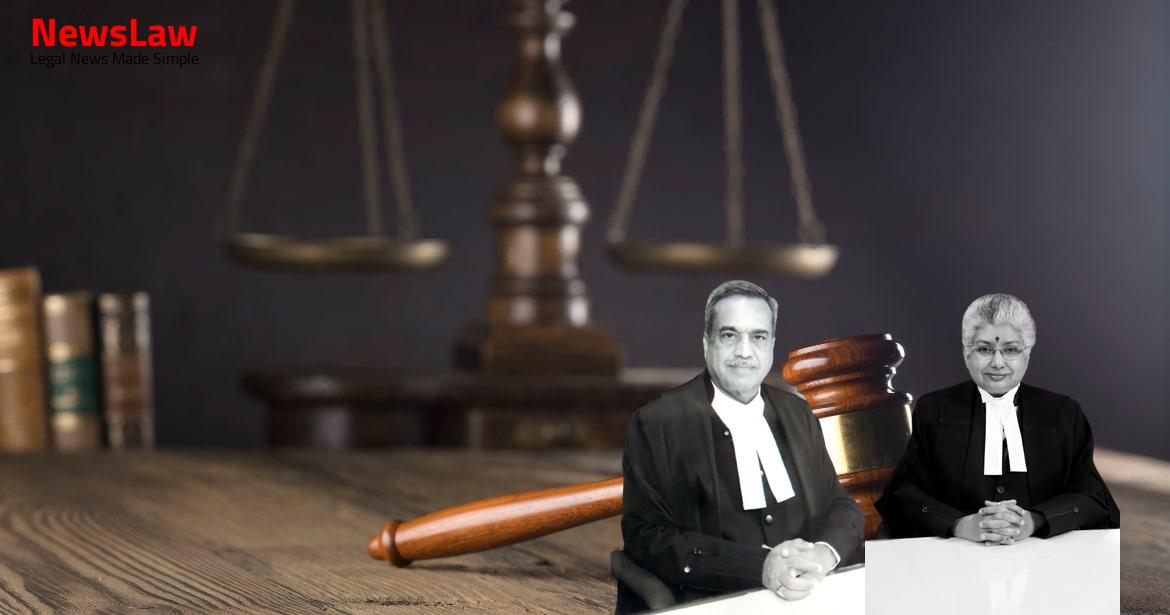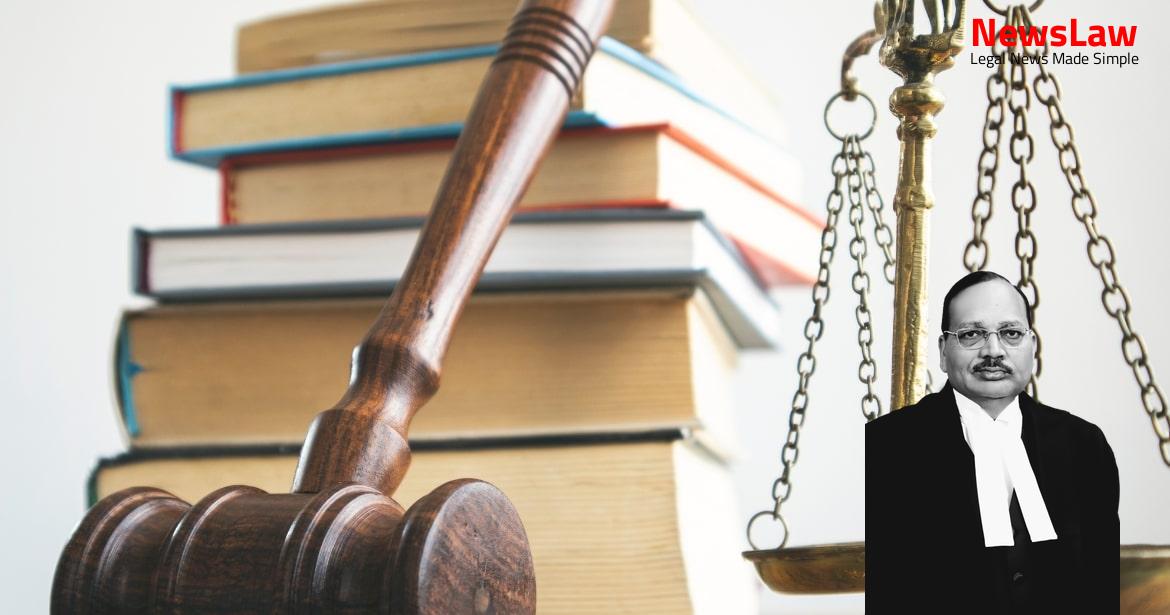The sole submission of the learned counsel for the appellant is that in matters where the accused persons are convicted and sentenced by the trial court, the appellate court is normally slow in upsetting the conviction, more particularly in the light of the evidence on record, especially, that of the eyewitness (complainant). In connection with the above killing of Kishan Sarup, an FIR was allegedly lodged on 04.11.2000 by the appellant/complainant but it was registered on 05.11.2000. The appellant/complainant noticed the accused persons alighting from the vehicle and thereafter attacking Kishan Sarup with knifes, iron rod etc. The accused persons took Kishan Sarup in injured condition in their car and left. Therefore, he is not actually an eyewitness either to the killing or to the burning of the deceased Kishan Sarup though he may be an eyewitness to the incident which took place on 04.11.2000 at 7 pm wherein a car had chased their motorcycle, pushed them towards the roadside making them fall in the bushes, thereupon assaulting the deceased Kishan Sarup and then taking him away in an injured position in the car. The statement that he could not do so on account of the threats extended by the accused persons appears to be a bald statement as no one in a situation where his son is being assaulted and carried away would remain a mere spectator.
Thus, we are of the opinion that the view taken by the High Court in extending the benefit of doubt to the accused persons appears to be the most plausible view.
Case Title: CHHOTE LAL Vs. ROHTASH
Case Number: Crl.A. No.-002490-002490 / 2014



